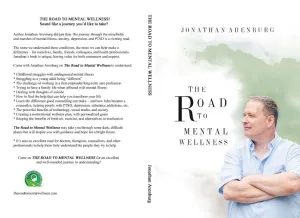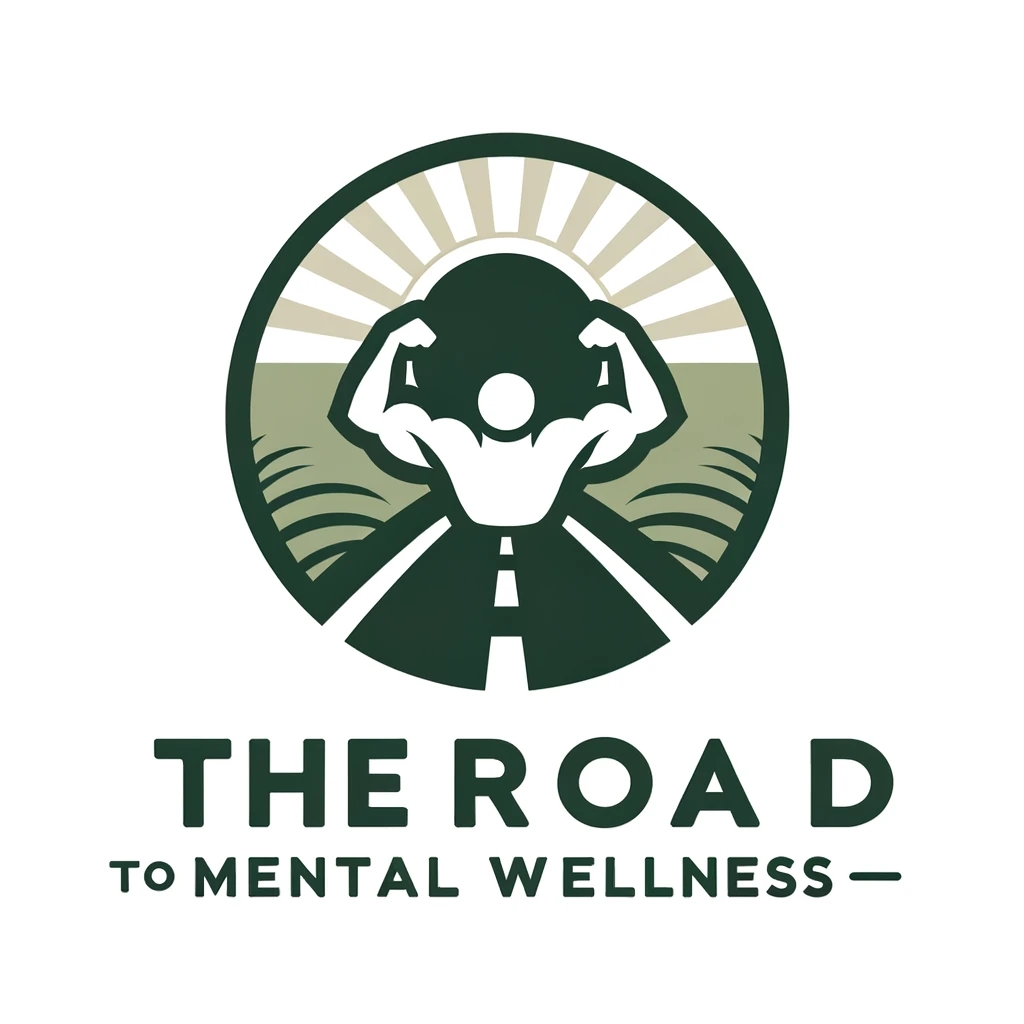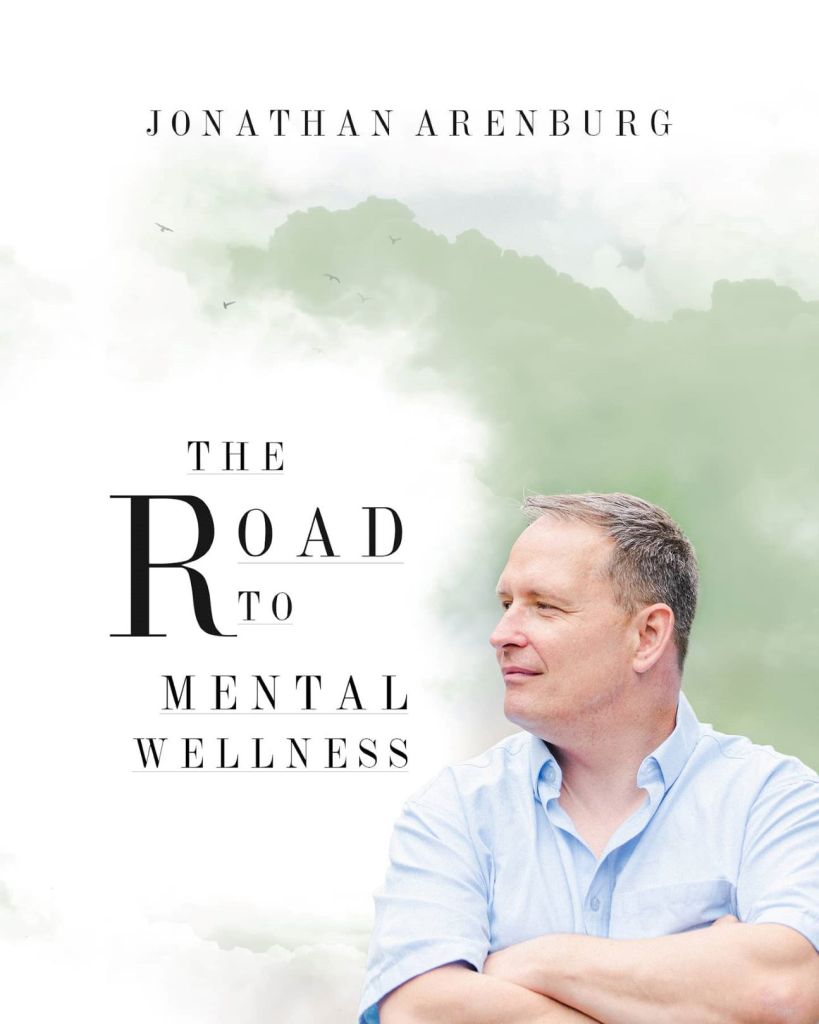The truth about bed rotting – the idea that if one spends long periods of time in bed, it will improve your mental health. Here’s why bed rotting is a bad idea.
Follow us
In my humble opinion, we as a society are moving towards a plethora of really bad ideas. And many of them are causing the mental health crisis we are seeing. While I will reserve my thoughts for many of them, I do, however, have one I cannot let go of. The idea of Bed Rotting.
Here let me tell you the truth about bed rotting.
Bed Rotting is the idea that if one spends lengthy periods of time in bed, they will improve their mental health. There’s just one problem with this: It goes against the science. From exercise to the need for human connection, to the disruptions to your circadian rhythm, the science is clear.
In fact, I would venture to say that bed rotting is a trend and nothing more. I feel like it is akin to the old adverts from the 1950s that insisted smoking was good for us. We of course know better today. However, what I find so concerning about this topic is the deluge of misinformation and the thousands of influencers who will convince many. Especially the mentally unwell. Those with depression for example may already be spending time in bed because of their illness, this could reinforce this behaviour. “I won’t go to the gym today, I’ll just do this bed rotting thing, the internet told me it will be good for my mental health.”
Read: The one person you’re not setting boundaries with
Study’s findings that 84% of the mental health content on TikTok is inaccurate
The research indicating that 84% of mental health content on TikTok is inaccurate was conducted by the virtual healthcare platform PlushCare. The study examined 500 mental health videos on TikTok to assess the risk of misinformation, finding that 84% of the videos contained misleading information. Even though 54% of videos contained some accurate information, around 14.2% were found to be so misleading that they could potentially be harmful, such as suggesting certain medications without consulting a doctor1.
Specifically, the study found that the vast majority of videos about attention-deficit/hyperactivity disorder (ADHD) contained misleading content. Over 90% of videos about bipolar disorder and depression were also considered misleading1.
The report also found that only about 9% of TikTokers who discuss mental health on the platform have relevant qualifications and medical training. This suggests that users should be cautious about the medical advice they receive on the platform1.
This research is particularly significant given the rising popularity of mental health content on TikTok. The 500 videos examined in the study had been viewed almost 25 million times and liked 3.5 million times. The hashtag mentalhealth alone has more than 54 billion views on the social media app1.
Read: Why I Hate TikTok
When it comes to the truth about bed rotting, we can find real augments against it. Below are just some of the scientific reasons why you should not adopt this as a mental health tool.
Physiological Changes and Mental Health:
- Muscle Function and Mental Health: Prolonged bed rest leads to a condition known as sarcopenia, characterized by a gradual and progressive loss of muscle mass, lowered strength, and physical endurance1. This physical decline can contribute to feelings of weakness, fatigue, and helplessness, potentially leading to depression and anxiety1.
- Postural Changes and Mental Health: Extended bed rest can lead to postural tachycardia syndrome (POTS), a condition characterized by an increased heart rate upon standing2. Symptoms of POTS, such as lightheadedness, mental clouding, and severe fatigue, can exacerbate mental health issues, particularly anxiety disorders2.
- Nutritional Changes and Mental Health: Prolonged bed rest can also lead to nutritional deficiencies, particularly in protein and vitamin D, which are essential for maintaining muscle mass and function3. These deficiencies can contribute to physical weakness and fatigue, which can in turn lead to mental health issues such as depression and anxiety3.
- Effects on Circadian Rythm: Prolonged bed rest can disrupt the body’s natural circadian rhythms, which are the physical, mental, and behavioral changes that follow a daily cycle. These rhythms are primarily driven by a “biological clock” in the brain and influenced by environmental cues, most notably light and darkness1. Sleep and the circadian system exert a strong regulatory influence on immune functions. Investigations of the normal sleep–wake cycle showed that immune parameters like numbers of undifferentiated naïve T cells and the production of pro-inflammatory cytokines exhibit peaks during early nocturnal sleep whereas circulating numbers of immune cells with immediate effect or functions, like cytotoxic natural killer cells, as well as anti-inflammatory cytokine activity peak during daytime wakefulness1. Disruption of these rhythms can lead to a range of health problems, including mental health disorders such as depression and anxiety. The link between circadian rhythm disruption and mental health is complex and multifaceted, involving a combination of genetic, environmental, and lifestyle factors. However, it is clear that maintaining regular sleep-wake cycles is crucial for mental well-being.
- Blood Pressure Regulation and Mental Health: The autonomic nervous system, particularly the sympathetic arm, plays a crucial role in blood pressure regulation[^4^]. Prolonged bed rest can disrupt this regulation, leading to conditions such as orthostatic hypotension[^4^]. This can cause symptoms such as dizziness and fainting, which can contribute to feelings of anxiety and fear[^4^].
Psychological Changes and Mental Health:
- Depression and Anxiety: Prolonged bed rest can lead to feelings of isolation and boredom, which can contribute to the development of depression and anxiety1. The lack of physical activity and social interaction can exacerbate these mental health issues, leading to a vicious cycle of worsening mental health and decreased motivation to engage in physical activity1.
- Cognitive Functioning: Patients with Postural orthostatic tachycardia syndrome (POTS), a condition often caused by prolonged bed rest, have been found to have impaired cognitive function, particularly in the areas of attention and short-term memory2. These cognitive impairments can contribute to feelings of frustration and helplessness, potentially leading to depression and anxiety2.
- Quality of Life: POTS patients also report a poorer health-related quality of life, particularly in the domains of physical and mental health2. This decreased quality of life can contribute to feelings of hopelessness and despair, further exacerbating mental health issues2.
5 Things To Maximize Your Mental Health
A closer look at Cognitive Function and Mental Health
The Effects of Impaired Cognitive Function on Mental Health
Cognitive function, which encompasses abilities such as memory, attention, and problem-solving, plays a crucial role in our daily lives. However, when these functions are impaired, it can have significant effects on mental health.
Cognitive Function and Mental Health
A study titled “Cognitive Function, Mental Health, and Health-related Quality of Life after Lung Transplantation” by Cohen et al. (2014) found that cognitive and psychiatric impairments pose threats to functional independence, general health, and quality of life1. This research suggests that cognitive impairment can lead to a decline in mental health, affecting individuals’ ability to carry out daily activities and maintain a good quality of life.
Nutrition and Cognitive Function
Interestingly, our diet can also influence cognitive function and, consequently, mental health. A study by Parletta, Milte, and Meyer (2013), Nutritional modulation of cognitive function and mental health, found that a Mediterranean-style diet, rich in nutrients, can facilitate healthy brain function2. This research indicates that maintaining a balanced diet can help enhance cognitive function and potentially mitigate mental health issues.
Genetic Links
Moreover, there is evidence of a shared genetic aetiology between cognitive functions and various mental and physical health disorders. A study by Hagenaars et al. (2016) found substantial and significant genetic correlations between cognitive test scores and many mental and physical health-related traits and disorders3. This research suggests that genetic factors can influence both cognitive abilities and mental health.
Executive Functions
Lastly, executive functions, which include skills like problem-solving, planning, and attention, are a key component of cognitive function. A study by Adele Diamond (2013) found that stress, lack of sleep, loneliness, or lack of exercise each impair executive functions [^4^]. This suggests that maintaining good physical and emotional health is crucial for preserving cognitive function and mental health.
Poor Cognitive Function and the Brain – What’s Going on in Your Head?
By now you should be getting a sense as to why bed rotting is a really bad idea. When it comes to the research for the argument against what is essentially giving your illness permission to own you, you can go down so many rabbit holes. Poor cognitive function is a fitting example. If you embrace bed rotting it can cause sleep disturbances, sleep disturbances can throw off your biological clock, which in turn causes a reduction in cognitive function. And what happens if you have poor cognitive function? A Much higher risk of depression and or anxiety. See, one potentially harmful rabbit hole.
By the way, if you are already suffering from a mental health disorder, all of the above mentioned with make it worse, not better.
Need Help? Go To Talk Suicide
Our brains are us. We are our brains and if we don’t take care of it, we can expect that it will suffer and if our brains suffer, so do we. Therefore, we can expect that a regular and unchecked habit like bed rotting can and will likely contribute to the following:
- Neurotransmitter Imbalance: Neurotransmitters are chemicals that transmit signals between nerve cells in the brain. Imbalances in neurotransmitters, such as dopamine, serotonin, and acetylcholine, can affect various cognitive functions. For example, acetylcholine is crucial for memory and learning, and a deficiency in this neurotransmitter is associated with Alzheimer’s disease.
- Neuronal Damage or Death: Certain diseases and conditions can cause neurons (nerve cells) in the brain to become damaged or die. For example, Alzheimer’s disease is associated with the formation of plaques and tangles in the brain that lead to neuronal death, particularly in areas of the brain associated with memory.
- Reduced Blood Flow: Conditions that reduce blood flow to the brain, such as stroke or cardiovascular disease, can impair cognitive function. The brain needs a constant supply of oxygen and nutrients from the blood to function properly. When blood flow is reduced, brain cells can become damaged or die, leading to cognitive impairment.
- Inflammation: Chronic inflammation in the brain, which can be caused by diseases such as multiple sclerosis or infections like meningitis, can damage brain cells and lead to cognitive impairment.
- Structural Changes: Certain conditions can lead to changes in the structure of the brain. For example, in traumatic brain injury, physical damage to the brain can lead to cognitive impairment. In schizophrenia, structural changes in areas of the brain associated with attention and memory have been observed.
- Neurodegeneration: In neurodegenerative diseases like Parkinson’s and Alzheimer’s, specific neurons gradually degenerate and die, leading to various cognitive impairments. For instance, Alzheimer’s disease primarily affects parts of the brain that control thought, memory, and language.
So, Then, What Can You Do?
When I appear on Podcasts or do speaking engagements, like the Stop Depression Summit, you will hear me talk about setting boundaries with the self and how to improve your mental health through meaningful action. Setting limits on how long you can stay in bed for example, the power of connection, and exercise, just to name a few. I go into much more depth in my book, The Road To Mental Wellness.
Learn to Manage and Thrive
- His lifelong battle with depression
- The benefits of exercise
- How to start to overcome the dread and exhaustion of depression
- How small steps make huge differences
- Scientifically backed techniques to help minimize depression, anxiety, and PTSD’s effects
- How to set boundaries with yourself when you have a mental health condition·
- How to optimize living your life with these debilitating mental illnesses.

Essentially, you cannot stay in bed. Therefore, it becomes imperative that you set limits. Depending on the degree of a depressive episode, for example, give yourself permission to rest. A day or two, maybe three. Whatever you do, commit to those days you set… Then get moving again. Whether you move your butt to the couch or outside on your step, do something different that will improve your mental well-being.
Note: It’s important to understand that you are very likely going to feel like you don’t want to – do it anyway. You will see some degree of improvement.
My Personal Accountability Action Plan.
As I said, Action is the most important thing on your road to mental wellness. The First step in your accountability plan should be to be kind to yourself. Nothing will work out 100% of the time and that’s ok. Just stick with it. Stumbling is all part of the plan.
Firstly, we must acknowledge and give ourselves permission to rest. Rest is a good thing. When you are struck down with a depressive episode for example, sleep is wise. However, too much of a good thing, ie, bed rotting, can do more harm than good. Maybe you can try the following:
- Set limits with yourself: We know we need to set boundaries with others, but we seldom set them with ourselves. However, it’s just as important to do the same for yourself. When you are exhausted because of mental illness, you may want to sleep it off. But when you do be sure you realize that if you still feel it’s effects, it’s not a signal to stay in bed. Rather, it’s always going to be better to live again. The sooner the better. I have set up a goal. This goal is to give myself 3 days rest MAX and then force myself out on the doorstep. I sit there and call attention to nature, breath deep and feel the breeze on my face. Often what happens is this activity motivates me enough to get dressed and go for a coffee.
- Commit to yourself by committing to a core set of close friends or family members: After you’ve rested, contact one of the aforementioned people. Connection is one of the most important factors in mental well-being and longevity. So, make this part of your healing journey.
- Diet and Exercise: While you may not be surprised to see this here, nevertheless, it’s always worth mentioning. And the good news is, you don’t have to be a gym rat to reap the benefits. Walking has been found to have an amazing impact on one’s mental health. Ideally, everyday would be good, but if you get three days in, that’s great! Eating well will prime your body and mind towards optimal living – including your mental health.
- Don’t be hard on yourself: It’s natural to be hard on yourself when you miss a day or two of any of the above. However, what matters is that you accept it, dust yourself off and get back at. Remember, once you get back out there and start walking again for example, you’ll feel good afterward. Heck you may notice how you feel right off the bat.
- Do your homework: Contrary to popular belief, valid research is easily accessible online. Go to places like PubMed, online science journals, like the New England Journal of medicine for the real science. Additionally, you can look for experts on YouTube or go to TED Talks website to see industry leaders there.
Read: 5 ways to maximize your mental health.
At the end of the day, it will be the action you take that will help improve your mental health. So, in reality your wellness plan should look more like: Rest – action – interaction – repeat. The truth about bed rotting is that it can have the opposite effect of what you are looking for. When we look at the science, we can see that doing the opposite of prolonged sessions in bed is the true path to healing.
You Got this!
Follow us
Sources:
- PlushCare. (n.d.). How TikTok Is Affecting Mental Health. Retrieved June 13, 2023, from https://plushcare.com/blog/tiktok-mental-health/ Retrieved from https://plushcare.com/blog/tiktok-mental-health/
- Cohen, R. G., Katz, P. P., Leavitt, S. V., Volberding, P., Woolley, J., Blanc, P. D., & Julian, L. (2014). Cognitive Function, Mental Health, and Health-related Quality of Life after Lung Transplantation. Retrieved from https://pubmed.ncbi.nlm.nih.gov/26809841/
- Parletta, N., Milte, C. M., & Meyer, B. J. (2013). Nutritional modulation of cognitive function and mental health. Journal of Nutritional Biochemistry, 24(5), 725-743.Retrived from https://pubmed.ncbi.nlm.nih.gov/23517914/
- Hagenaars, S. P., Harris, S. E., Davies, G., Hill, W. D., Liewald, D. C., Ritchie, S. J., … & Marioni, R. E. (2016). Shared genetic aetiology between cognitive functions and physical and mental health in UK Biobank (N=112 151) and 24 GWAS consortia. Molecular psychiatry, 21(11), 1624-1632. Retrieved from https://pubmed.ncbi.nlm.nih.gov/26809841/#full-view-affiliation-1
- Diamond, A. (2013). Executive functions. Annual review of psychology, 64, 135-168. Retrieved from https://pubmed.ncbi.nlm.nih.gov/23020641/



Please leave a comment and tell us what you liked about what you read.